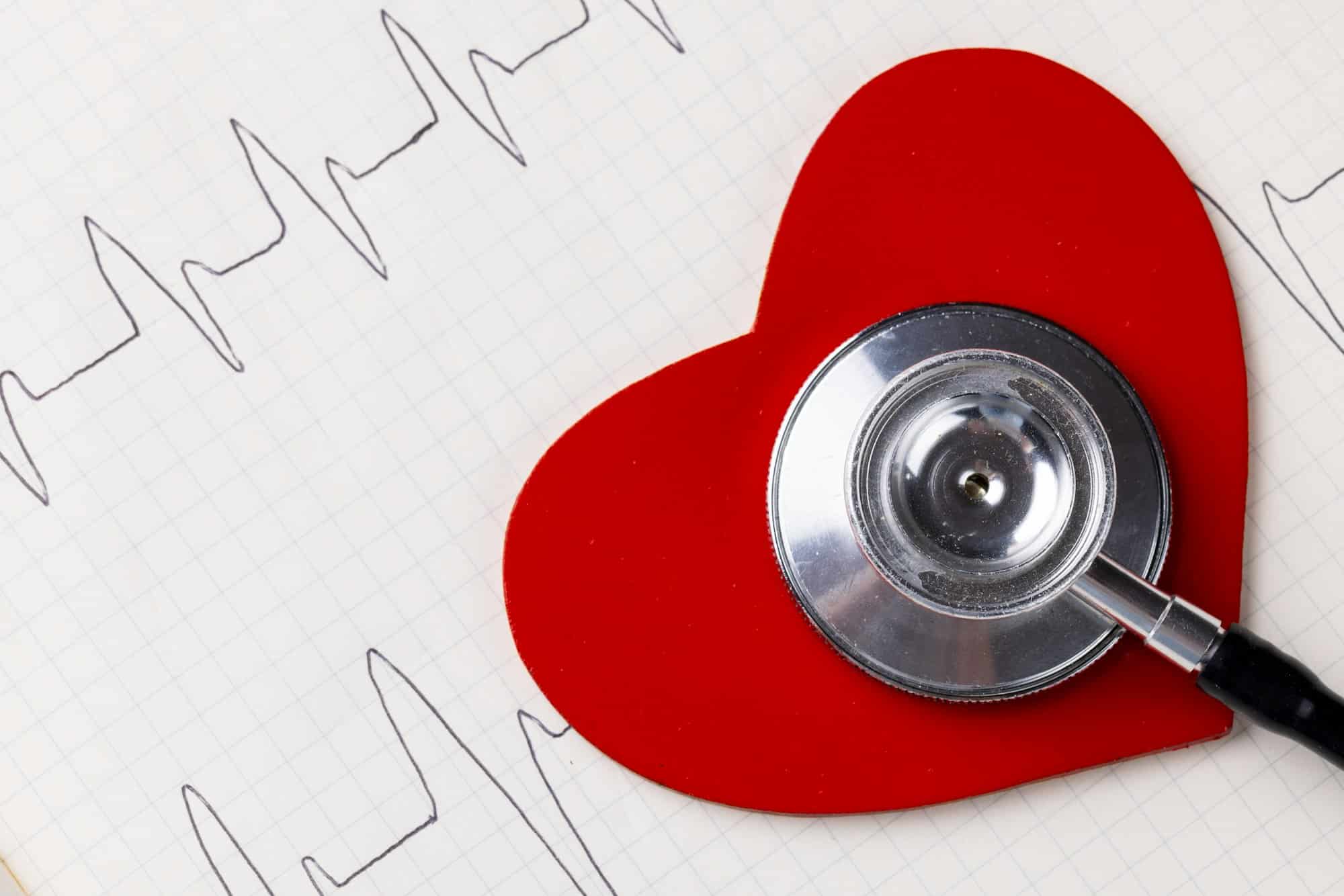Anorexia and severe malnutrition can damage the body including the heart. In fact, the American Heart Association says every 52 minutes someone dies from an eating disorder or severe malnutrition. Some of these deaths will be from heart complications.
What is severe malnutrition?
Severe malnutrition is when the body does not have enough nutrients, fat, or protein leading to severe weight loss and wasting. This can be part of an eating disorder like anorexia nervosa with avid food restriction or bulimia with purge after binge eating with or without laxative abuse. There are now 2 more eating disorders called binge eating, and avoidance or restrictive food intake but unlike anorexia nervosa or bulimia does not include body image or obsessions.
Malnutrition with severe weight loss may also be seen without eating disorders including people with cancer, critical illness, or inflammatory conditions.
What impact does anorexia and severe malnutrition have on the heart?
The heart can be critically weakened by severe calorie restriction and malnutrition and can even shrink in size and remodel. This can cause abnormal and potentially fatal heart rhythms and cardiac arrest.
These dangerous heart rhythms can also be caused by lack of important nutrients including foods rich in potassium, and magnesium that can contribute to fatal conduction patterns in the heart. Cardiac arrest or sudden death is a serious risk of hypo nutrition and anorexia. This can also be seen in bulimia or binge eating with purging and laxative abuse.
The heart muscle essentially atrophies and gets small and weak especially with extremes of weight loss. It essentially atrophies and the heart rates slows down like it is hibernating. When a person of any body size restricts food intake the heart rate slows down because it slows down the metabolism.
Is there danger to the heart and body if recovery from severe malnutrition happens too fast?
Yes, it is called “Refeeding syndrome.” Refeeding can happen when someone who has been severely malnourished with prolonged fasting starts eating or refeeding again. If food is introduced too quickly, it can cause serious complications. Large amounts of food cause insulin to be released that can dangerously shift electrolytes like potassium, phosphate and magnesium into the cell and if not supplemented may contribute to fatal cardiac rhythms, critically low blood pressure, and even cardiac death.
Can the heart recover from extremes of weight loss?
Yes, and in fact the good news is that most of the heart damage is reversible with nutritional rehabilitation or normalizing eating behavior. Studies show that structural damage from hypo nutrition or severe weight loss may be partially or fully recovered with weight restoration. It is important that people with severe malnutrition or anorexia from an eating disorder or critical medical illness seek expert medical advice for a full and healthy recovery.
If you have questions reach out to AskDoctorH. We are here to help.




 Have Questions? AskDoctorH
Have Questions? AskDoctorH